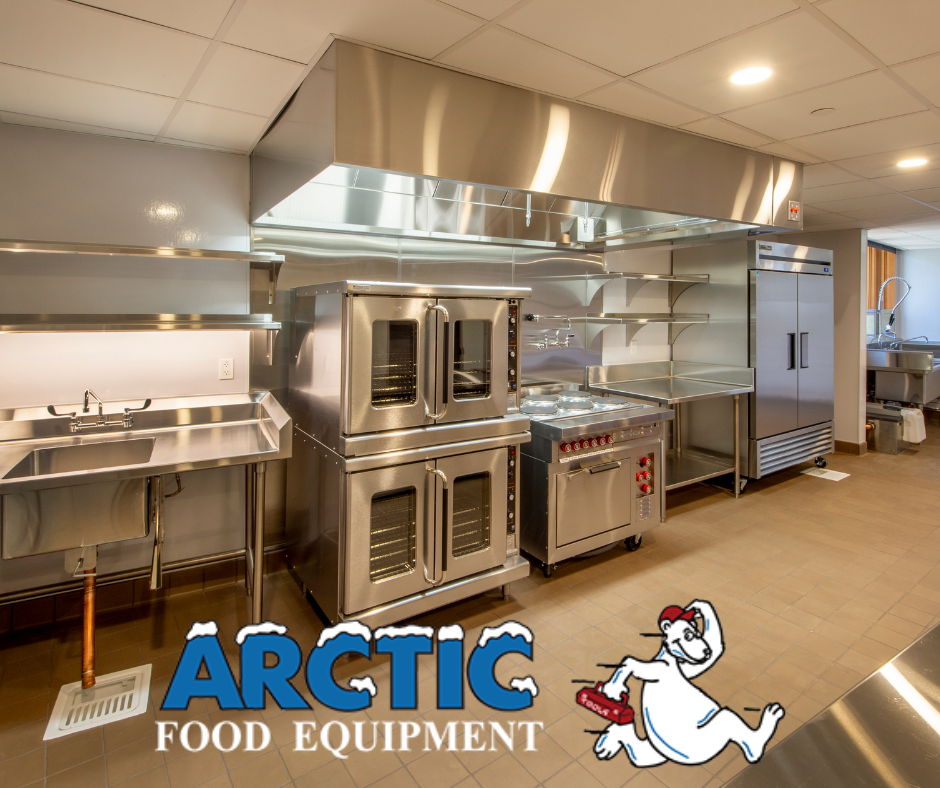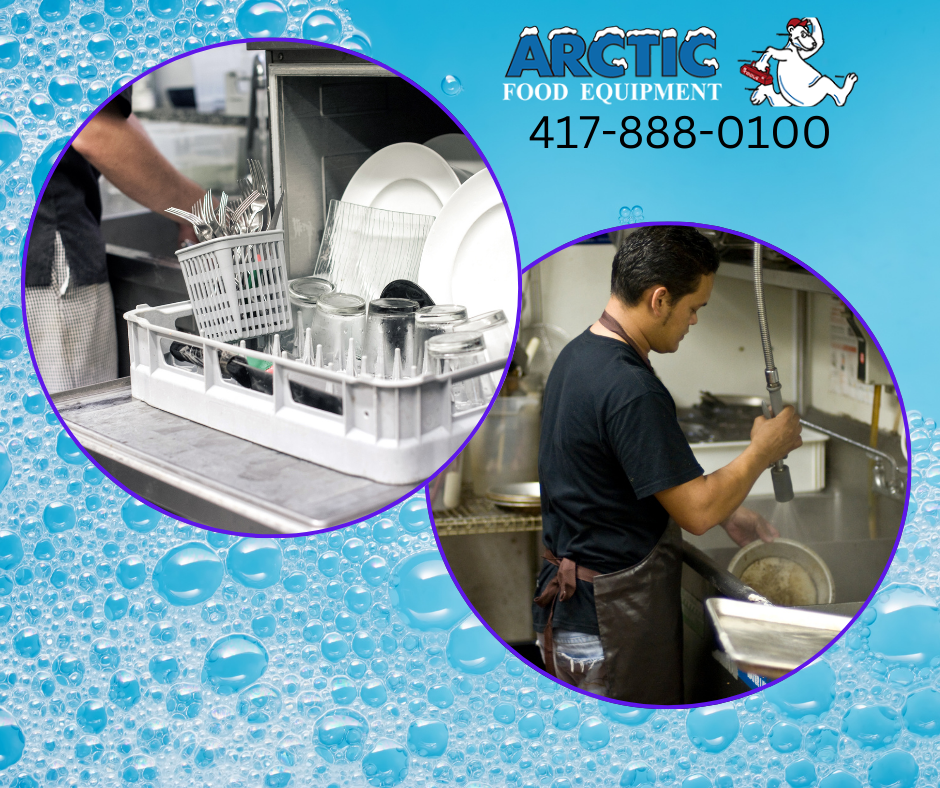Luckily, at Arctic Food Inc., we have over 25 years of experience in the industry and are dedicated to helping our partners maintain and exceed their expectations. Read on to learn how to keep your restaurant's refrigeration cool and running smoothly all summer long.
Understanding the Impact of Summer on Commercial Refrigeration
Summer's rising temperatures present a significant challenge to commercial refrigeration systems in the restaurant and food industry. The fundamental physics behind refrigeration requires these units to expel heat from inside to the outside environment. However, as outdoor temperatures climb, the refrigeration system has to work harder and run longer to maintain the same internal temperatures, putting extra stress on the components. This can lead to increased wear and tear, potentially resulting in more frequent breakdowns or system failures. Additionally, the higher ambient temperatures can cause the compressor—the heart of any refrigeration system—to overheat, which is a common cause of equipment malfunction during the summer months. High humidity levels further complicate the situation by forcing the refrigeration system to remove more moisture from the air, increasing the workload on the system. All these factors combined mean that without proper care and maintenance, the summer heat can significantly shorten the lifespan of your restaurant's refrigeration equipment, affecting not just the quality of stored food but also leading to higher operational costs due to inefficiency and potential loss of inventory.
Preventative Maintenance Tips for the Summer
To ensure your commercial refrigeration systems withstand the summer heat, consider implementing a regular preventative maintenance schedule. Firstly, cleaning and inspecting the condenser coils monthly can prevent the system from overheating by allowing it to expel heat more efficiently. Secondly, check and clean evaporator coils and fans to ensure optimal airflow, which is critical for maintaining internal temperatures without overworking the system. Another key step is to verify that door seals and gaskets are intact and provide a proper seal; even minor leaks can cause significant efficiency losses and force the system to work harder. Additionally, ensure that your refrigeration units are not overloaded. Overfilling can restrict airflow inside the unit, leading to uneven cooling and increased strain on the cooling system. Scheduling professional inspections before the onset of summer can also identify potential issues before they escalate into costly repairs. Following these tips can help maintain the efficiency and longevity of your refrigeration systems, allowing you to focus on providing the best service to your customers without the worry of unexpected equipment failure.
The Importance of Temperature Monitoring
The critical role of temperature monitoring in commercial refrigeration cannot be overstated, especially during the sweltering summer months. Effective temperature control ensures that fresh food remains at a safe temperature, reducing the risk of spoilage and the growth of bacteria. It's not just about keeping food cold; it's about maintaining it at the right temperature to prevent the proliferation of harmful microorganisms that can lead to foodborne illnesses. Continuous temperature monitoring allows restaurant owners to react swiftly to any fluctuations caused by external heat, ensuring that their refrigeration units are performing as expected. This vigilance helps in preserving the quality of the food served, ensuring customer satisfaction, and adhering to health and safety standards. Moreover, regular temperature checks can serve as an early warning system for refrigeration issues, allowing for prompt intervention before more significant problems arise. In a season where the reliability of refrigeration systems is tested by extreme conditions, incorporating robust temperature monitoring protocols is indispensable in protecting the integrity of stored food items and the reputation of your restaurant in the food industry.
Upgrading and Insulating Your Equipment
Considering the relentless summer heat, upgrading older, less efficient commercial refrigeration units to newer, energy-efficient models can be a wise investment. Newer equipment often features improved insulation and cooling technologies that are designed to operate more effectively, even under the strain of high temperatures. Additionally, enhancing the insulation of your existing units can significantly reduce the workload on the refrigeration system by keeping the cold air in and the hot air out. If you're concerned about the upfront costs of upgrading, remember that you may be qualified to rent equipment from suppliers like Arctic Food Inc., offering a financially viable way to protect your perishables and improve energy efficiency without a large initial investment.












